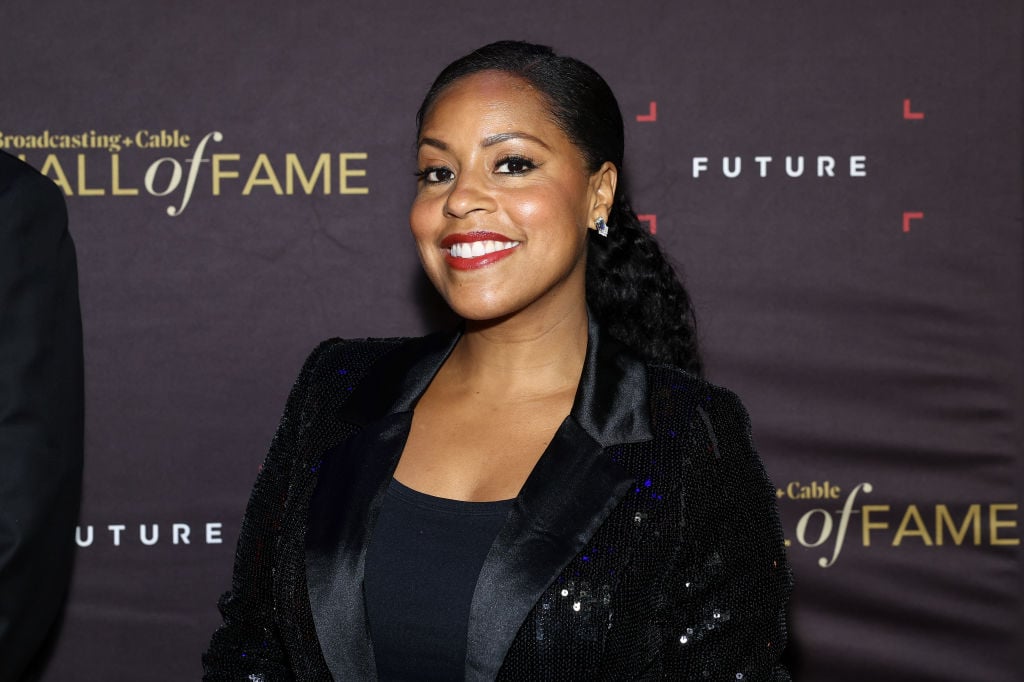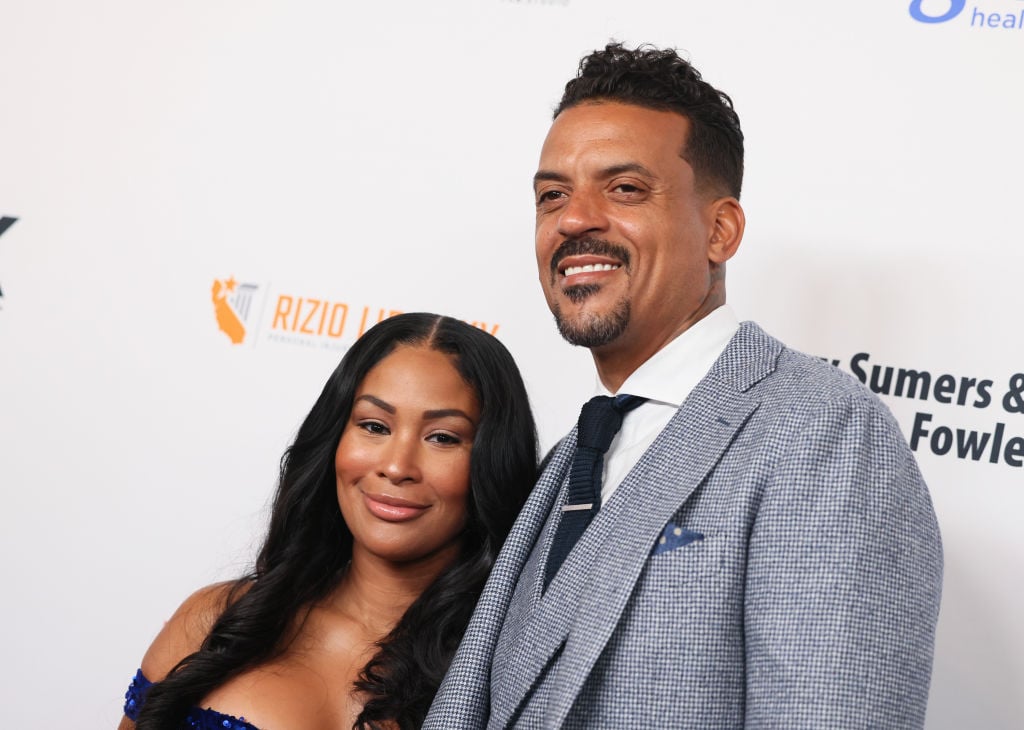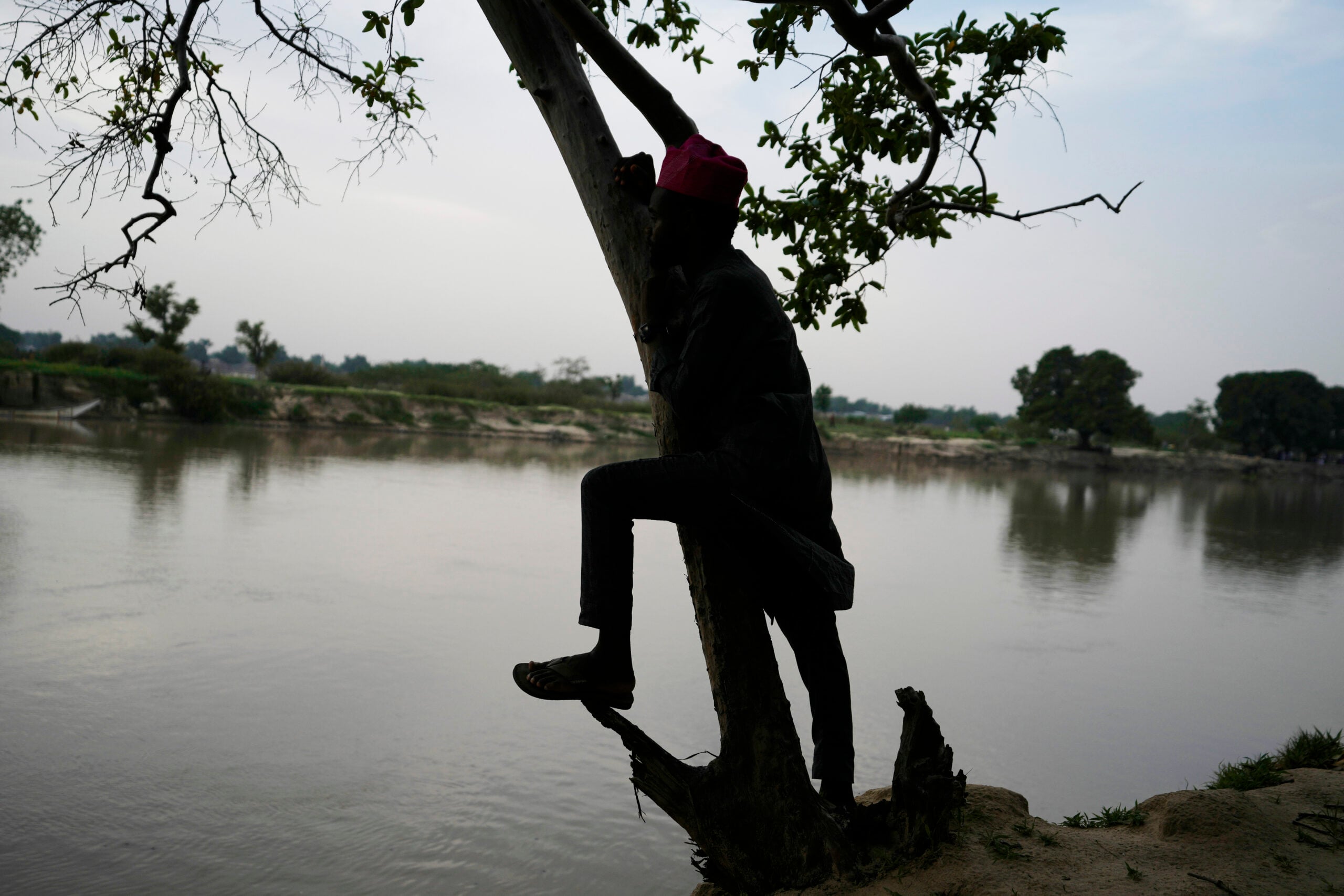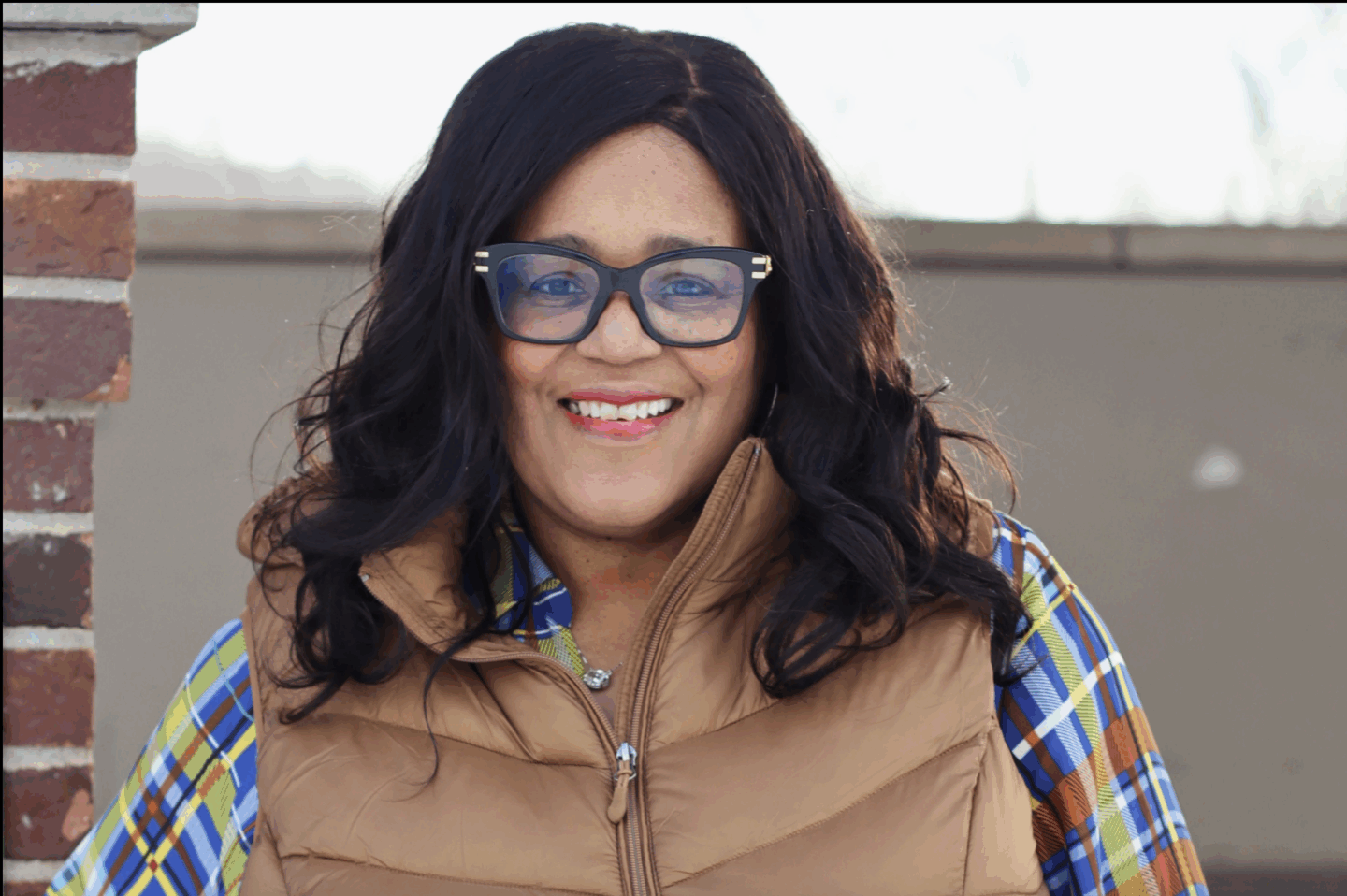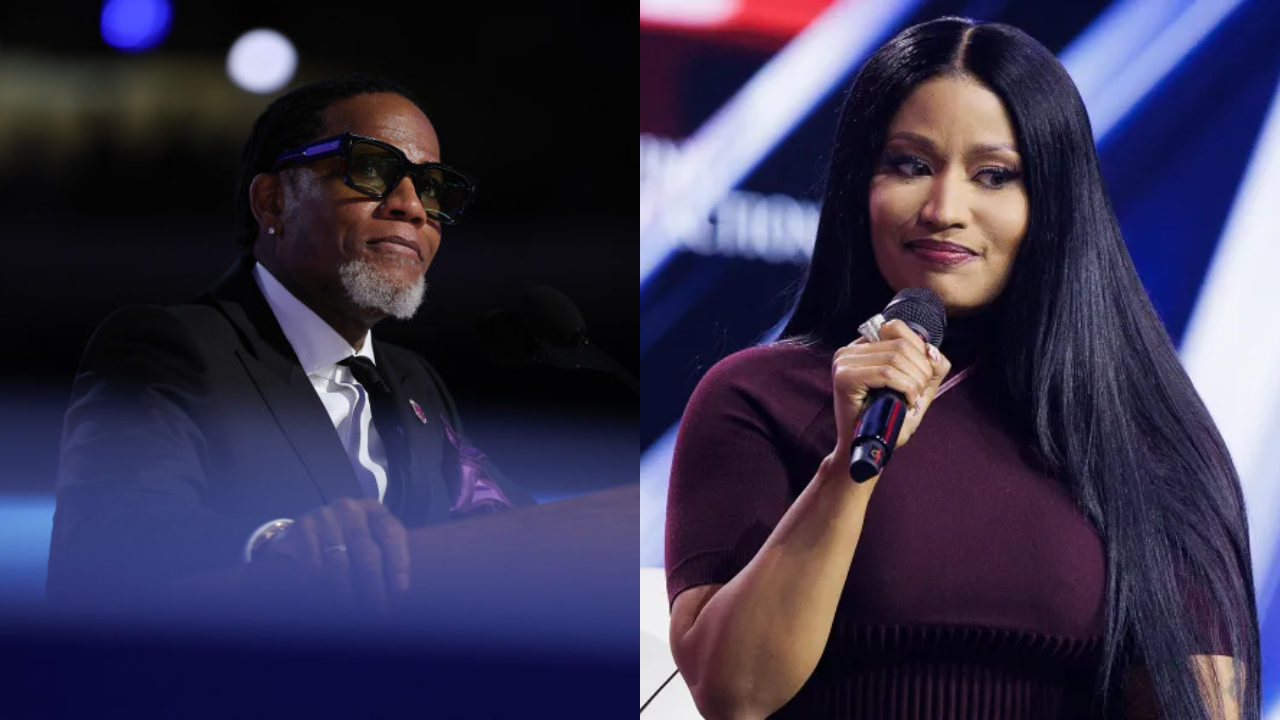Naomi Osaka is on a mission and climbing back. Tennis missed her.

NEW YORK — Earlier this week, Naomi Osaka told reporters covering the US Open that she did not like the phrase “comeback” to frame this phase of her career.
I’m not sure what else to call the journey of a player who, at one point, was regarded as a dominating presence in women’s tennis.
Osaka was ranked No. 1 in 2019 at the age of 23. She then experienced an up-and-down spiral in her professional and personal life that included motherhood, depression and anxiety.
Let’s say we compromise and say that Osaka, 27, is not coming back but climbing back toward the top.
On Wednesday, before yet another partisan crowd at Arthur Ashe Jr. Stadium, Osaka defeated Karolína Muchová in a gritty women’s singles quarterfinal match. With the victory, Osaka will make her first US Open semifinal appearance since 2020 when she won her second US Open title and third Grand Slam overall.
Osaka’s match with Muchová was a snapshot of what her past few years have been like: jumping out quickly to a lead and then being faced with a series of break points. In the recent past, she may have broken, but not during this current run. She was broken in the ninth game of the second set.
In the recent past, this may have been enough to throw her totally off her game, triggering outbursts and broken rackets. Instead, Osaka roared back and broke Muchová. She eventually won a tiebreaker to win the match.
“If you were to ask me if I gained anything after becoming a mom, I think I’m a lot more focused than I used to be,” Osaka said after Wednesday’s match.
Robert Prange/Getty Images
Thursday night’s match will be her first semifinal Grand Slam appearance since 2021. That year, Osaka stunned the sports world at the French Open when she withdrew after the first round after announcing that she was stepping away from tennis for mental health reasons.
Around the same time, United States gymnast Simone Biles — the world’s most dominant female athlete — brought attention to mental health issues at the 2021 Olympics when she withdrew from the women’s team gymnastics final after experiencing the twisties (a mental condition that causes a gymnast to become disoriented while airborne). Biles and Osaka’s public discussions about their respective mental health struggles helped spark a conversation about the importance of mental health maintenance not only among elite athletes, but also among the public at large.
Last year at the Paris Olympics, Biles stormed back with a vengeance and turned in a historic performance, capturing three gold medals. Now, Osaka may be storming back. With two more victories, she can win her first grand slam title in nearly five years.
Osaka has already rekindled the excitement and enthusiasm that the tennis establishment has sorely missed: her charisma, her Zen-like presence, her sense of fashion, and of course, her winning.
Winning is paramount and Osaka’s climb back has been arduous.
After withdrawing from the French Open in 2021, Osaka skipped Wimbledon. At the US Open that year, she lost in the third round; at the 2022 Australian Open, she lost again in the third round; at the 2022 French Open, she suffered a first-round loss. She skipped Wimbledon, and at the 2022 US Open, she lost in the first round. She missed the 2023 season because of pregnancy.
On Wednesday, she told reporters that her time away opened her eyes.
“I learned that I love tennis way more than I thought I did, and I learned that I actually really love challenges,” she said.
“You know, it’s like a video game. You pick it up and even if you lose a level, you kind of just restart and keep going until you eventually win. It’s a little tough sometimes, but I wouldn’t trade it.”
This year, she retired in the third round at the Australian Open, lost in the first round at the French Open, and lost in the third round at Wimbledon.
What I admire about Osaka, however, goes beyond her results. I admire her consciousness and compassion.
Tim Clayton/Corbis via Getty Images
Three Osaka episodes stand out that make the point about her grace and compassion. The first occurred in 2018 when Osaka, then 20, won her first Grand Slam by defeating Serena Williams, a player she grew up idolizing. The match became an ugly battle between Williams and the umpire, who took points away from Williams on two occasions.
Osaka was never able to fully savor her victory. At the conclusion of the match, pro-Serena fans booed with such fervor that Osaka felt compelled to apologize before the trophy ceremony, saying: “I know that everyone was cheering for her, and I’m sorry it had to end like this.” She then thanked fans for watching the match.
Grace and class.
Williams, showing her own grace and class, consoled a tearful Osaka and demanded that the crowd show her respect and allow her to savor the moment.
A year later, Osaka made a similar gesture after defeating then-15-year-old Coco Gauff after their third-round match that Osaka easily won. Like a big sister, Osaka comforted a tearful Gauff and insisted that she join her at center court.
Grace and class.
The third Osaka moment occurred at the Open in 2020 at the height of the coronavirus pandemic when we were all masked up. During the tournament, Osaka wore a series of custom-made black face masks that bore the name of a Black person who had been murdered by law enforcement officers or white vigilantes: Breonna Taylor one day, then Elijah McClain, then Ahmaud Arbery, Trayvon Martin, George Floyd, Philando Castile and Tamir Rice.
Grace, class, and consciousness. Osaka is not asleep at the wheel.
Osaka went on to win her second consecutive US Open championship and illustrated the power of athletes using their platform to give energy to resisting tyranny.
We need that now, more than ever, though times have changed.
The person who won her first US Open at age 20 in 2018 is a far different person than the 27-year-old who will play in the US Open semifinals on Thursday.
Earlier this week, Osaka thrashed the third-seeded Gauff, now 21. This time there was no comforting. This was about tennis, about competition. Gauff won the US Open title in 2023, the year Osaka had her daughter, Shai. Osaka is on a mission to reclaim territory. The door to a title seemed to have been open a little wider on Wednesday when No. 2-seed Iga Świątek was upset in the quarterfinals by Amanda Anisimova.
I’m pulling for Osaka; I’m pulling for the story. I’m pulling for inspiration at a time when there is an all-out, unapologetic war on the very diversity that Osaka represents. Her mother, Tamaki, is Japanese, and her father, Leonard Francois, is Haitian.
Call it what you’d like — coming back or climbing back, we have missed Osaka. I’ve missed her. Tennis has missed her.
We’re all just glad she’s back.
What's Your Reaction?
 Like
0
Like
0
 Dislike
0
Dislike
0
 Love
0
Love
0
 Funny
0
Funny
0
 Angry
0
Angry
0
 Sad
0
Sad
0
 Wow
0
Wow
0




